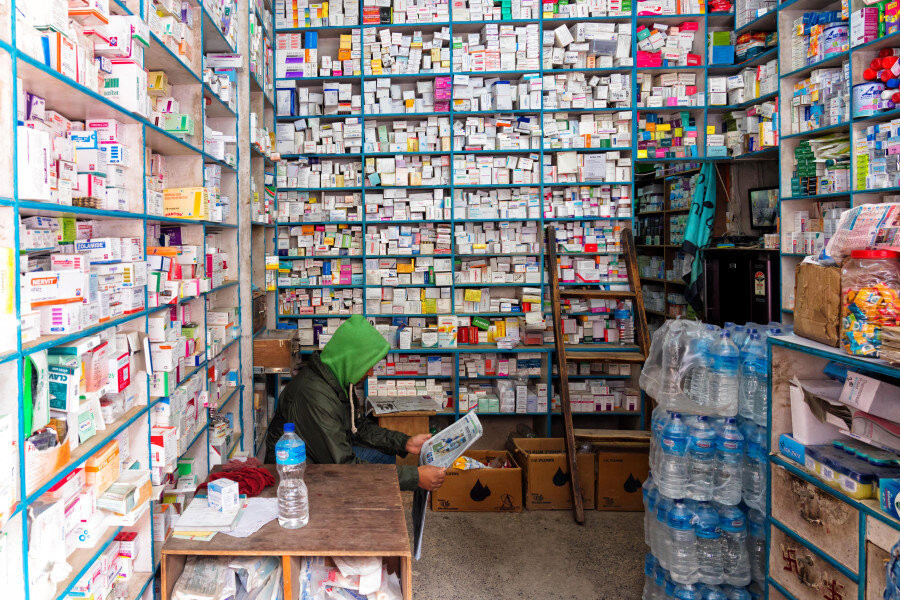Health
KMC launching five fair-price pharmacies
Kathmandu Metropolitan City officials say the aim is to provide medicines at prices significantly lower than the maximum retail prices.
Post Report
The Health Department under the Kathmandu Metropolitan City (KMC) is working to issue a tender to buy medicines in bulk for its planned fair-price pharmacies, which will be set up in various locations.
KMC officials hope that pharmaceutical companies will offer hefty discounts on bulk purchases, allowing these pharmacies to sell medicines to patients at reduced prices.
“It will take a few more months to start the fair-price pharmacies as we are finalising the tender process for buying medicines,” said Sajina Maharjan, an official at the department. “Patients will get medicines at lower prices at our pharmacies, as we will keep only a 20 percent margin on the cost of the medicines.”
The KMC plans to set up altogether five fair-price pharmacies across the city. Officials said these pharmacies are part of the KMC’s efforts to provide relief to the metropolis residents.
Officials said that the pharmacy will operate independently, but will charge lower prices to patients from the discounts provided by drug companies. According to them, these pharmacies will sell medicines at rates below the maximum retail price.
Pharmacies of some state-run hospitals, like the Manmohan Cardiothoracic Vascular and Transplant Centre and the Paropakar Maternity and Women’s Hospital, have been running fair-price pharmacies for years.
Those pharmacies sell medicines for up to five times less than the maximum retail price.
Even after selling medicines for heavily subsidised prices, those hospitals are not incurring losses. In fact, even at these discounted rates, the hospitals’ doctors admit the pharmacies still make a profit of around 20 percent.
This is mainly because pharmaceutical companies, like most other companies, set their own MRPs, leading to exorbitant markups. They supply medicines to hospitals and pharmacies at a fraction of the listed price, while most hospitals and pharmacies sell drugs at the inflated MRP.
This kind of fraudulent practice is just one example of the deep-seated collusion among drug manufacturing companies, hospitals and pharmacies, and even doctors. Whether it has to do with pricing or prescribing medicines, officials at the Department of Drug Administration said the patients are the only ones at a disadvantage.
According to officials, when a drug manufacturer comes up with a new drug, they are legally required to register the product with the Department of Drug Administration. The manufacturer proposes its own MRP, which the department then endorses. Since there are no rules in the Drug Act regarding the pricing of medicines, companies base their prices on those of similar medicines produced by other national and international companies. They can either inflate the prices or keep them lower. But most companies sell their medicines through promotional activities—either by offering incentives to doctors or by providing big margins to wholesalers and retailers.




 8.22°C Kathmandu
8.22°C Kathmandu














